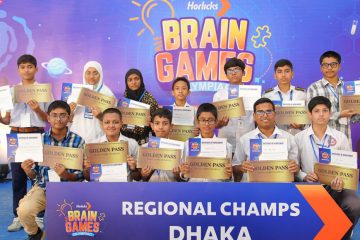Says WFP, IFPRI joint research
Nutrition education is critical in leveraging the benefits delivered from food and cash transfers among the ultra poor in Bangladesh. So suggest the first findings of a joint research by two international organisations. World Food Programme and the International Food Policy Research Institute presented the findings on Tuesday, says a WFP press release. The initiative is aimed at exploring which types of social safety net transfers work best for the rural ultra poor.
The research initiative is supported and guided by the government of Bangladesh, and funded by Germany, the UNDP, the United States and Switzerland.
The two-year study, which will conclude in mid-2014, seeks to determine the benefits of five different types and combinations of transfers – including cash, food and nutrition education.
“This research initiative helps us understand which kinds of social safety net interventions are most effective in improving the food security and child nutrition in ultra-poor families,” said Christa Räder, WFP representative in Bangladesh.
Their preliminary results suggest that people participate in nutrition education programmes, said Dr Akhter Ahmed, lead researcher of the IFPRI team and chief of party of the IFPRI Policy Research and Strategy Support Programme in Bangladesh.
-With The Daily Star input




















